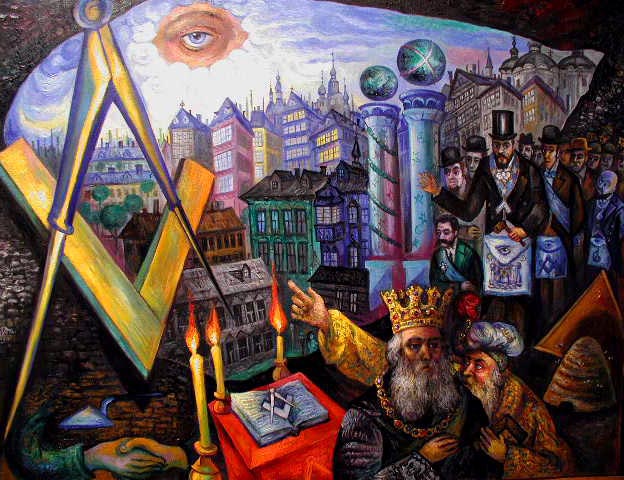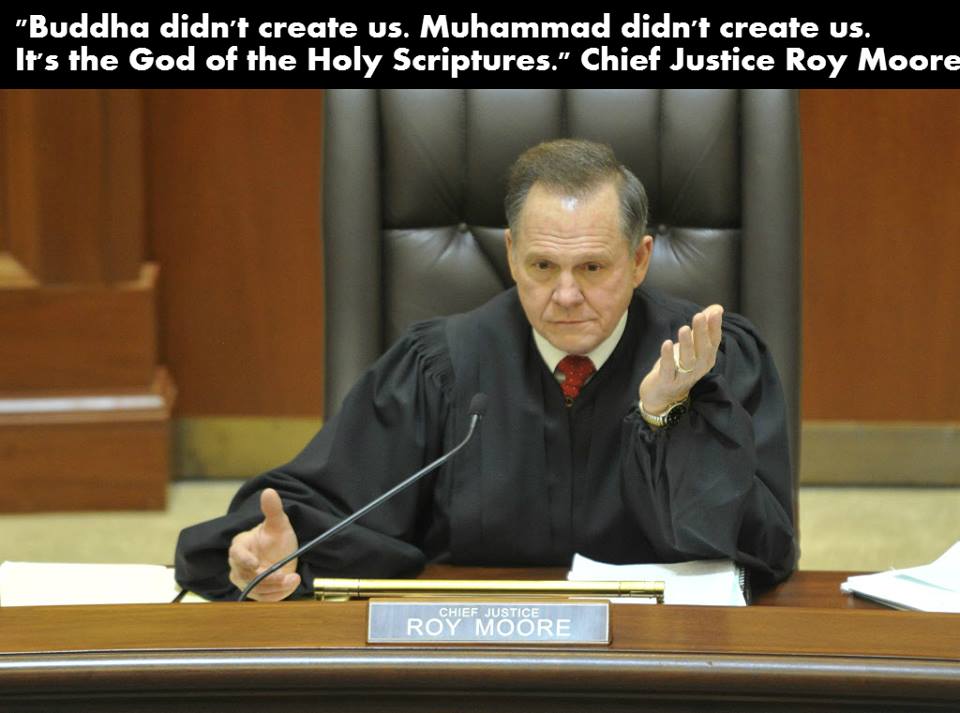The wisdom of the Egyptian Initiates, the high sciences and lofty morality which they taught, and their immense knowledge, excited the emulation of the most eminent men, whatever their rank and fortune; and led them, despite the complicated and terrible trials to be undergone, to seek admission into the Mysteries of Osiris and Isis.
From Egypt, the Mysteries went to Phœnicia, and were celebrated at Tyre. Osiris changed his name, and become Adoni or Dionusos, still the representative of the Sun; and afterward these Mysteries were introduced successively into Assyria, Babylon, Persia, Greece, Sicily, and Italy. In Greece and Sicily, Osiris took the name of Bacchus, and Isis that of Ceres, Cybele, Rhea and Venus.
Bar Hebraeus says: “Enoch was the first who invented books and different sorts of writing. The ancient Greeks declare that Enoch is the same as Mercury Trismegistus [Hermes], and that he taught the sons of men the art of building cities, and enacted some admirable laws. . . He discovered the knowledge of the Zodiac, and the course of the Planets; and he pointed out to the sons of men, that they should worship God, that they should fast, that they should pray, that they should give alms, votive offerings, and tenths. He reprobated abominable foods and drunkenness, and appointed festivals for sacrifices to the Sun, at each of the Zodiacal Signs.”
Manetho extracted his history from certain pillars which he discovered in Egypt, whereon inscriptions had been made by Thoth, or the first Mercury [or Hermes], in the sacred letters and dialect: but which were after the flood translated from that dialect into the Greek tongue, and laid up in the private recesses of the Egyptian Temples. These pillars were found in subterranean caverns, near Thebes and beyond the Nile, not far from the sounding statue of Memnon, in a place called Syringes; which are described to be certain winding apartments underground; made, it is said, by those who were skilled in ancient rites; who, foreseeing the coming of the Deluge, and fearing lest the memory of their ceremonies
p. 364
should be obliterated, built and contrived vaults, dug with vast labor, in several places.
From the bosom of Egypt sprang a man of consummate wisdom, initiated in the secret knowledge of India, of Persia, and of Ethiopia, named Thoth or Phtha by his compatriots, Taut by the Phœnicians, Hermes Trismegistus by the Greeks, and Adris by the Rabbins. Nature seemed to have chosen him for her favorite, and to have lavished on him all the qualities necessary to enable him to study her and to know her thoroughly. The Deity had, so to say, infused into him the sciences and the arts, in order that he might instruct the whole world.
He invented many things necessary for the uses of life, and gave them suitable names; he taught men how to write down their thoughts and arrange their speech; he instituted the ceremonies to be observed in the worship of each of the Gods; he observed the course of the stars; he invented music, the different bodily exercises, arithmetic, medicine, the art of working in metals, the lyre with three strings; he regulated the three tones of the voice, the sharp, taken from autumn, the grave from winter, and the middle from spring, there being then but three seasons. It was he who taught the Greeks the mode of interpreting terms and things, whence they gave him the name of Ἑρμης [Hermes], which signifies Interpreter.
In Egypt he instituted hieroglyphics: he selected a certain number of persons whom he judged fitted to be the depositaries of his secrets, of such only as were capable of attaining the throne and the first offices in the Mysteries; he united them in a body, created them Priests of the Living God, instructed them in the sciences and arts, and explained to them the symbols by which they were veiled. Egypt, 1500 years before the time of Moses, revered in the Mysteries ONE SUPREME GOD, called the ONLY UNCREATED. Under Him it paid homage to seven principal deities. It is to Hermes, who lived at that period, that we must attribute the concealment or veiling [velation] of the Indian worship, which Moses unveiled or revealed, changing nothing of the laws of Hermes, except the plurality of his mystic Gods.

Moe is the founder of GnosticWarrior.com. He is a father, husband, author, martial arts black belt, and an expert in Gnosticism, the occult, and esotericism.





